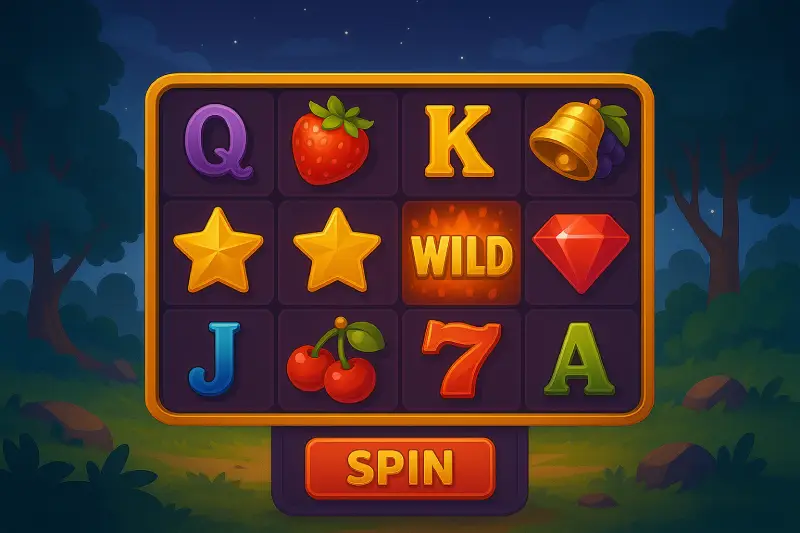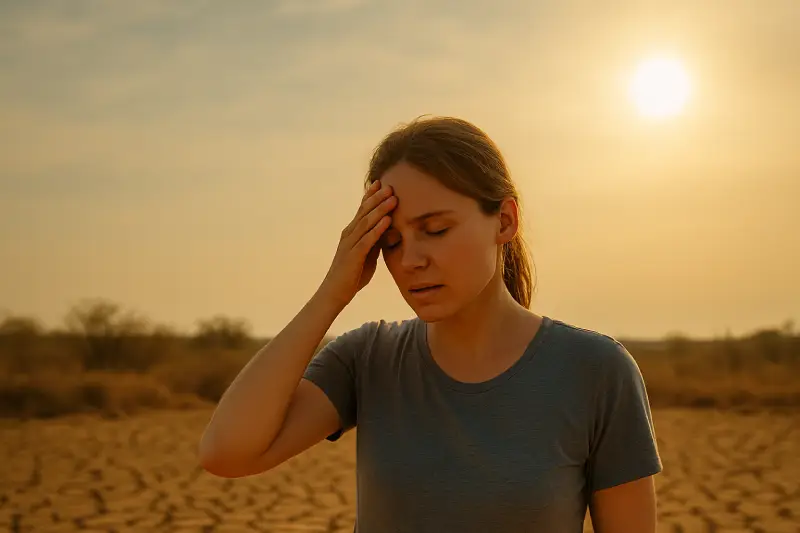

What is Sleep Debt and How to Recover From It Naturally
Life
Chronic fatigue, poor focus, and mood swings may be signs of sleep debt—here’s how to reverse it without medication.
Table of Contents
Introduction
You may have heard the phrase “I’ll catch up on sleep this weekend,” but can you really repay lost sleep like debt? Sleep debt is a very real biological phenomenon—and one that affects more people than you might expect. In this article, we’ll break down what sleep debt is, how it impacts your health, and practical steps you can take to recover—naturally.
What is Sleep Debt?
Sleep debt occurs when you consistently get less sleep than your body needs. For example, if you need 8 hours a night but only get 6, you accumulate 2 hours of debt per night. Over time, that debt adds up, leading to fatigue, reduced concentration, and even weakened immunity.
It’s not just about how tired you feel—chronic sleep debt can increase your risk of weight gain, anxiety, and cardiovascular issues.
Signs You’re in Sleep Debt
- Waking up tired even after “sleeping enough”
- Midday crashes or the need for naps
- Mood swings or irritability
- Poor concentration and memory
- Increased sugar or caffeine cravings
How to Recover From Sleep Debt Naturally
- Prioritize Consistent Sleep Schedule
- Gradually Extend Sleep Time
- Avoid Caffeine After 2 PM
- Get Morning Sunlight
- Nap Strategically
Go to bed and wake up at the same time every day, including weekends. This trains your circadian rhythm and gradually reduces accumulated sleep debt.
If you’ve built up a large sleep deficit, try going to bed just 15–30 minutes earlier each night until you’re consistently getting 7–9 hours.
Even small doses of caffeine can interfere with deep sleep, especially if consumed in the afternoon.
Natural light exposure in the morning helps reset your internal clock and boosts melatonin production at night.
Short 20-minute power naps can give you a mental boost without affecting your nighttime sleep. Avoid napping late in the day.
Bonus: Supplements That May Help
- Magnesium glycinate – supports relaxation
- L-theanine – promotes calm focus without drowsiness
- Melatonin – short-term support for resetting sleep cycles (use cautiously)
Note: Always consult a doctor before starting any supplement.
Final Thoughts
Sleep debt isn't paid off in a single night, but with consistent habits and a little patience, your body can restore its natural balance. Think of it less like a debt and more like restoring your battery over time.
Getting quality sleep isn’t a luxury—it’s a biological necessity.
Keep Reading

BMW X7: 6-Month User Notes
I met the BMW X7 in October 2024. To be honest, I didn’t know anything about this car before seeing it at the dealership.

Can You Really Win at Online Slots?
Yes, it is possible to win from online slot games — I’ve seen it happen, and I’ve experienced it myself.

The Impact of Global Warming on Daily Life
Global warming isn’t just a distant warning anymore — it’s happening now, and I feel it every day.